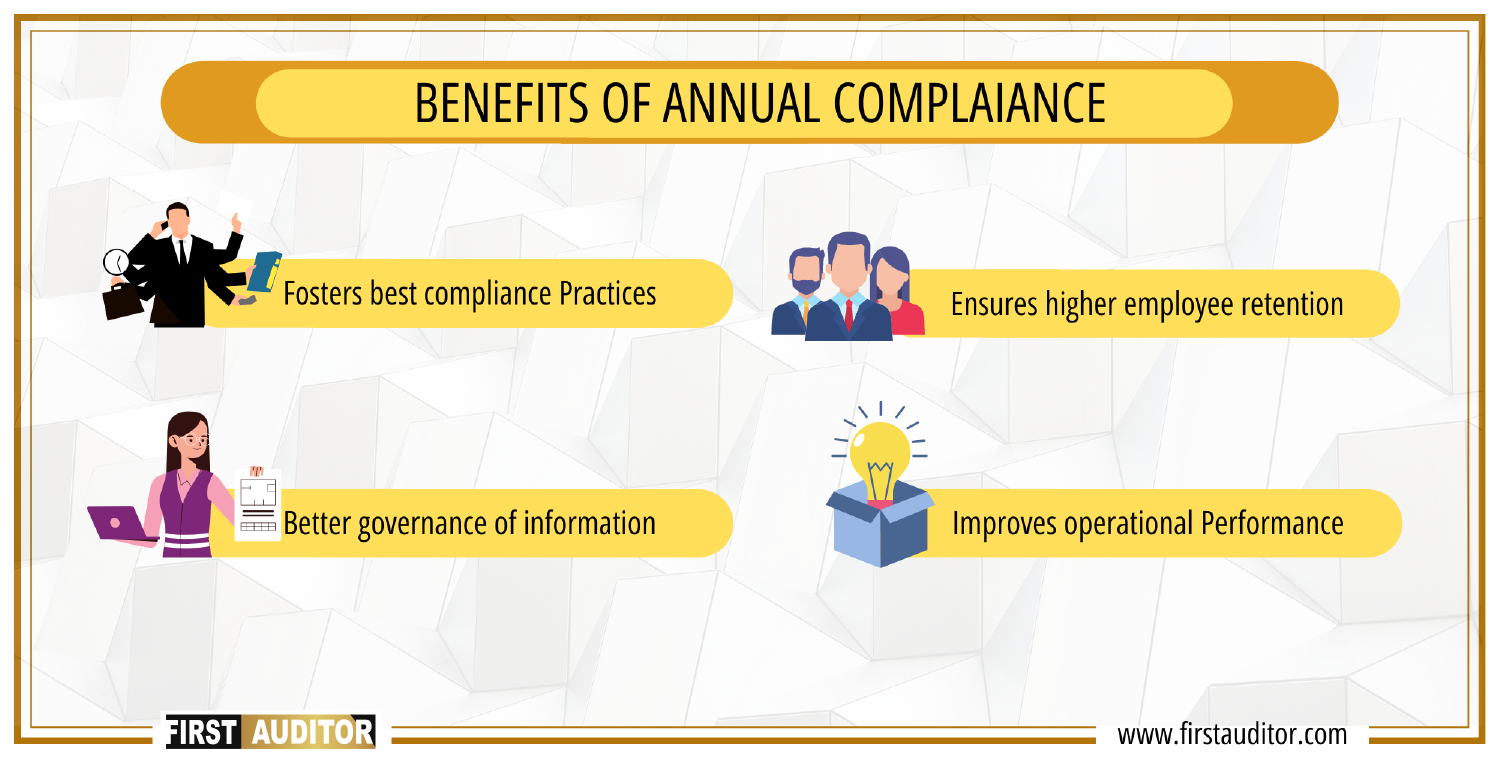All companies with an Indian registration, including private limited companies, one-person businesses, limited companies, and section 8 corporations, are required to file an annual MCA report as well as an income tax return. The company must hold an AGM at the conclusion of each fiscal year before filing an annual return. The Annual General Meeting for newly created companies must be held within 18 months of the incorporation date or within 9 months of the financial year's end, whichever comes first. The next AGM should take place six months after the end of the previous fiscal year. The fiscal year in India typically begins on April 1 and concludes on March 31. The annual report for a company would then be required on or before September 30.
Companies must file income tax filings in addition to the MCA yearly return, regardless of revenue, profit, or loss. As a result, even inactive businesses that have no transactions must submit income tax filings annually. Form ITR -6 must be filed by private limited firms, limited companies, and one-person businesses. A company's income tax return must be submitted on or before September 30th.

Annual filing involves submitting financial statements and annual returns to the Registrar of Companies to comply with legal requirements and maintain transparency in a private limited company’s operations.
Annual filing is essential to ensure compliance with regulatory requirements, avoid penalties, and maintain the company’s legal status. It also provides stakeholders with insight into the company’s financial health.
Documents typically required include the company’s financial statements, audit reports, annual returns, and compliance certificates from the directors and auditors.
The deadline for annual filing varies by jurisdiction but is typically within a specific number of months after the end of the financial year, often 30 days for annual returns and 60 days for financial statements.
Late filing can result in penalties, which may include fines and interest on overdue amounts. Persistent non-compliance can lead to more severe consequences, including the company being struck off the register.